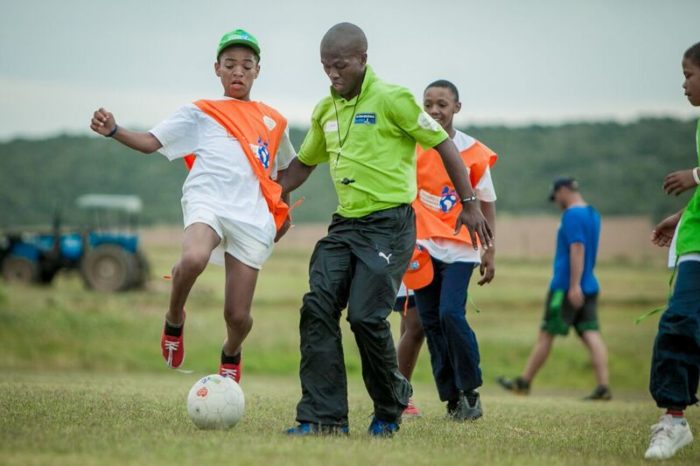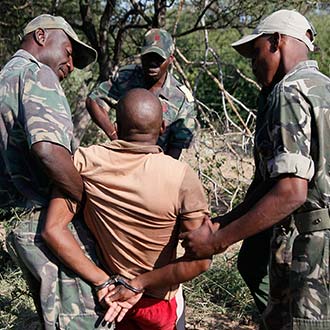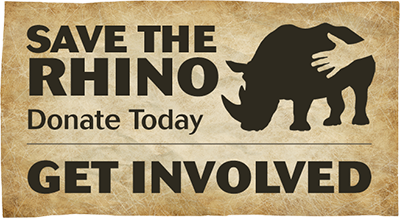
A Community-Based Approach to Rhino Conservation and Human Development
There appears to be no single answer to combat the current rhino crisis in South Africa. Conservationists generally agree that, while strict law enforcement is critical in the fight against poaching, a multi-faceted approach is needed, that includes educational programs based on the conservation of wildlife for rural communities living with, and adjacent to, wildlife areas.
We believe local, place-based education is a VITAL, albeit frequently overlooked, component of rhino protection programs because the vast majority of poaching incidents can be linked to information on animal location leaking from local communities adjacent to the reserves, if not to direct participation of individuals from those communities. Simply stated, it is extremely difficult to dislodge poaching once it migrates into the local communities that surround game reserves and protected areas.
We support an educational program for young South Africans (ages 10-12; Grade 5) from rural, economically-disadvantaged communities called Coaching 4 Conservation (C4C). While these young South Africans are undoubtedly the decision makers of the future, they are also disconnected from both the intrinsic and instrumental value of wildlife. In fact, 90% of children surveyed in villages in the eastern Cape have never visited a game reserve and wildlife has little or no intrinsic value to them. Moreover, it is too expensive for locals to visit these areas.
In the C4C program, children spend two days on the reserve where soccer is used as a teaching medium for wildlife conservation on why wildlife is critical to the economic and societal well-being of the region. The program also includes a game drive in the reserve observing wildlife, particularly rhino. The focus is on teaching children to care about the environment generally.


Rhino poaching is a serious and complex topic for children to digest. By using sport, namely soccer, we are able to engage the children in physical activity which directly links to an environmental issue. So, they are not only learning about defending their soccer goal but also about the fact that rhino defend their territories and that rhinos are unable to defend themselves against humans.
The results of this program are tangible. In 2014, 91% of the children had a positive attitude to the environment by the end of the programme; 30% of the children showed an improvement in their environmental/conservation knowledge and the number of children listing wildlife as one of the top 5 things they cared about most in the world rose from 55% at the beginning of the program to 88% on completion of the program.







